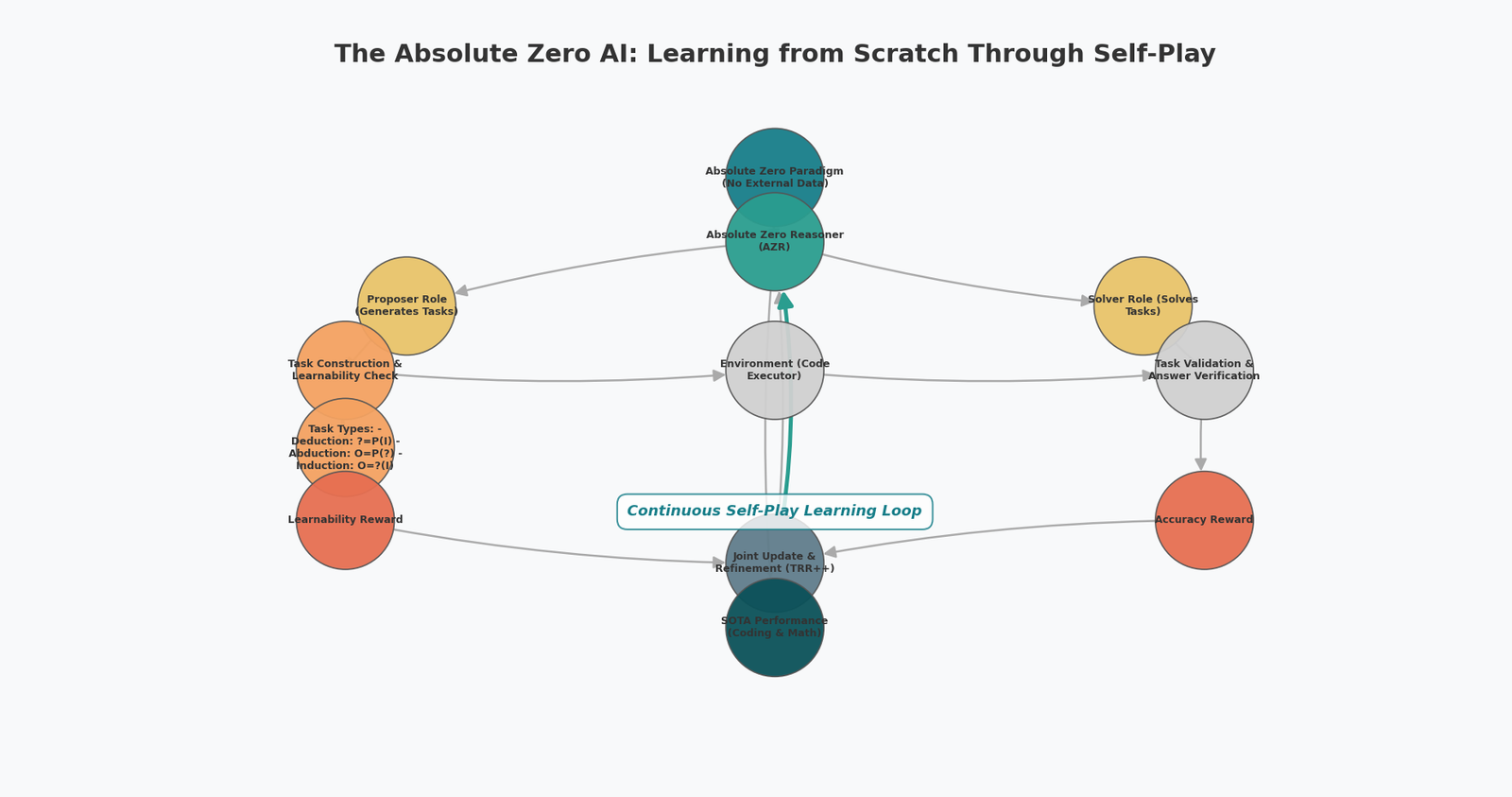April 9, 2025 marked the opening of Google Cloud Next ’25 in vibrant Las Vegas, and it’s clear that Google’s betting big on AI. As someone deeply passionate about AI’s potential—particularly its impact in technical fields—I was eager to hear Google’s plans firsthand. Here’s what caught my attention most from Day 1, highlighting key themes such as AI vision, coding assistance, and practical applications in medicine and agriculture.
Sundar Pichai Sets the AI-Powered Stage
Sundar Pichai’s keynote underscored Google’s commitment to making AI universally useful, emphasizing how AI can “advance your mission.” This resonates deeply with my own ambitions, particularly in leveraging AI to transform agriculture and precision farming back home in Montana.
Ironwood TPU: Powering the Next Generation
Google unveiled Ironwood, its seventh-gen Tensor Processing Unit (TPU), designed explicitly for advanced inference tasks, boasting 3,600× the performance of Google’s first-gen TPU. This beast scales up to 9,216 interconnected chips, delivering 24 times the compute power of today’s top supercomputers. Ironwood excites me for its potential in precision agriculture, where rapid processing of satellite imagery and predictive modeling can significantly impact crop yields and farm efficiency.
Quantum Computing Breakthrough
The “Willow” quantum chip announcement was another highlight, achieving a long-sought milestone in error correction. This could significantly influence computational biology and plant genetics—fields close to my academic roots—by enabling simulations and calculations previously deemed impossible.
Gemini 2.5: Google’s “Thinking Model”
Gemini 2.5, dubbed Google’s “most intelligent AI model ever,” demonstrates remarkable reasoning capabilities. Its applications in problem-solving could revolutionize how we approach complex agricultural challenges, from optimizing resource allocation to predicting pest outbreaks.
Infrastructure Innovations: Making AI Accessible
Google’s announcement of Cloud WAN, a managed version of its planetary-scale network, is particularly compelling for businesses in remote or rural areas—like much of Montana—promising 40% faster performance and significant cost reductions.
Additionally, the introduction of H4D virtual machines and Managed Lustre storage significantly enhances Google’s high-performance computing (HPC) capabilities, essential for data-intensive research in plant sciences and agriculture.
Empowering Creativity with Generative AI
Google’s Vertex AI platform showcased impressive generative models across video, image, music, and speech. Tools like Lyria (text-to-music) and Imagen 3 (advanced image editing) spark ideas for creating compelling content and interactive experiences, particularly relevant to businesses looking to enhance digital marketing or educational outreach.
Google Workspace Gets Smarter
Workspace enhancements like AI-assisted document editing and audio summarization directly align with my interests in content creation and efficient communication. The “Workspace Flows” feature—a new agentic workflow automation tool—also piques my curiosity, promising streamlined, AI-powered task management, beneficial for both personal projects and small businesses like my Glacier’s Edge Inspection Services.
Industry-Specific Innovations: From Medicine to Agriculture
Perhaps most exciting personally were Google’s targeted applications in technical domains:
- AlphaFold 3 will dramatically accelerate biomedical research, potentially aiding developments in agricultural biotechnology and crop genetics.
- WeatherNext, Google’s AI weather prediction suite, offers precise forecasts crucial for farming and climate resilience, exactly the kind of innovation that resonates deeply with my experiences in agronomy.
AI-Powered Scientific Tools
The unveiling of dedicated scientific research tools, including powerful HPC infrastructure and AI-powered research agents, presents vast opportunities. The Deep Research and Idea Generation agents could significantly accelerate hypothesis formation and experimentation in agricultural sciences.
Final Thoughts
Day 1 of Google Cloud Next ’25 was a strong demonstration of AI’s accelerating role across technology, business, and science. Google’s clear message—that the future is AI-driven—is one I enthusiastically share. As someone who regularly engages with cutting-edge AI advancements, particularly through my blog focused on new scientific developments, I find these announcements both inspiring and practically useful.
Looking forward to seeing what else the conference reveals in the coming days—and especially keen to explore how these tools and technologies might transform agriculture, research, and business opportunities back home.





Leave a Reply